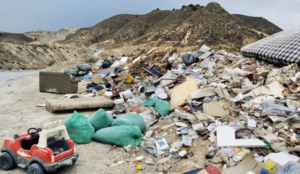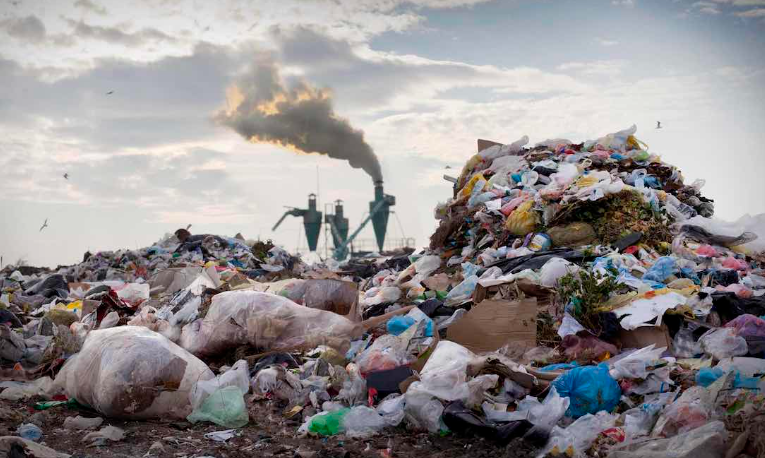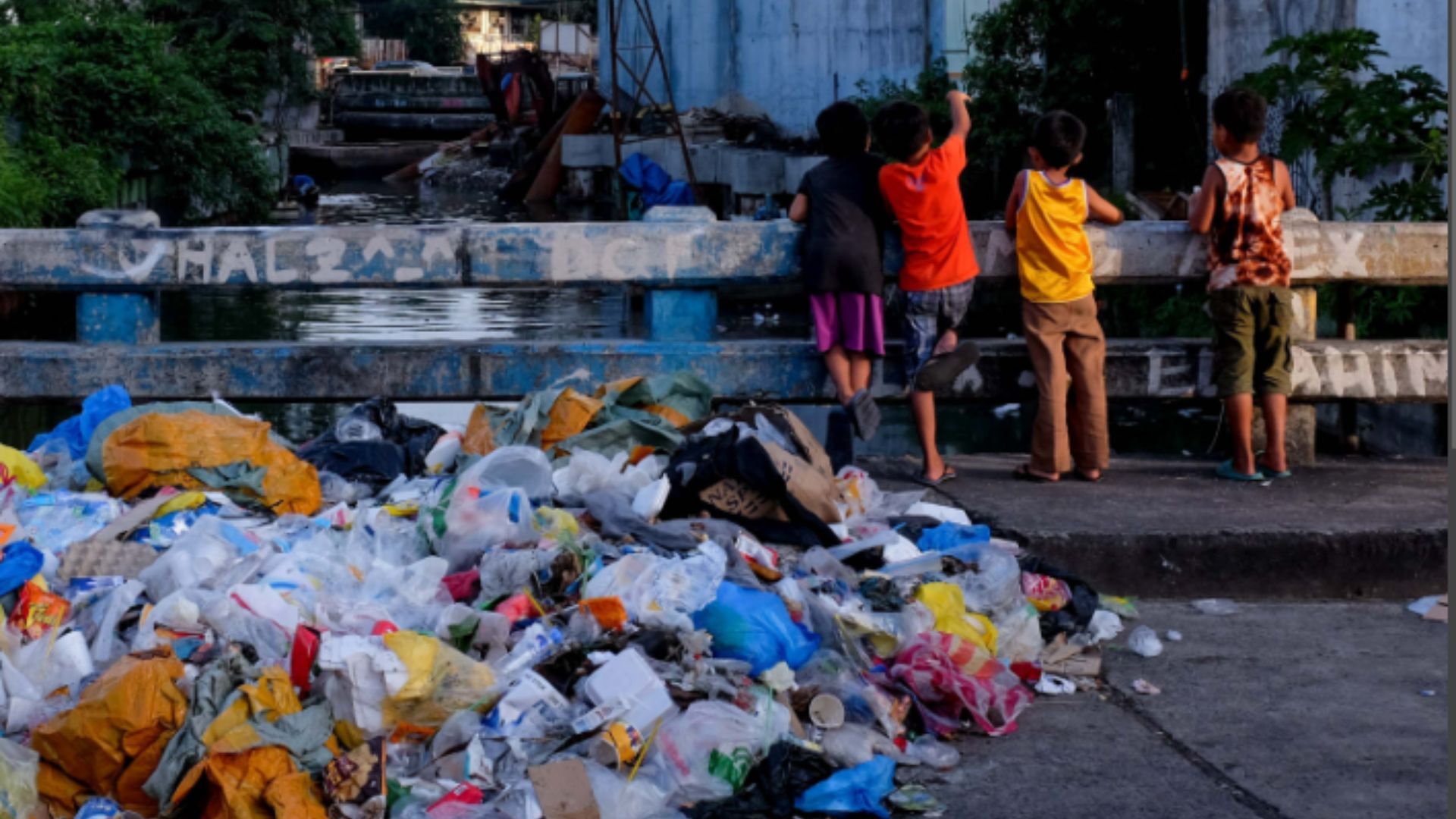The world we inhabit today is grappling with numerous environmental challenges, and one of the most pressing issues is the adverse impact of garbage on the environment. Garbage, often overlooked as a minor nuisance, plays a significant role in environmental degradation. This article explores how garbage, when improperly managed, can contribute to environmental degradation.
Garbage and its Composition
To understand the environmental implications of garbage, it is essential to comprehend its composition. Garbage consists of a diverse array of materials, including plastics, organic waste, paper, glass, and hazardous substances. This mixture poses significant challenges when it comes to disposal and recycling. Transitioning to the next section, it is evident that the mismanagement of such waste can lead to dire consequences.

Pollution and Land Degradation
One of the most immediate consequences of improper garbage disposal is pollution. When waste is dumped in landfills or left unattended, it can leach harmful chemicals and pollutants into the soil and water bodies nearby. These pollutants can contaminate groundwater, harming aquatic ecosystems and posing risks to human health. Additionally, garbage accumulation on land can lead to soil degradation, making it less fertile and suitable for agriculture. Consequently, this affects food production and can lead to food security issues.
Air Pollution and Climate Change
Garbage also contributes to air pollution and, subsequently, climate change. Burning garbage, a common practice in some regions, releases harmful gases such as carbon dioxide and methane into the atmosphere. These gases are potent greenhouse gases that trap heat, leading to global warming. Moreover, the decomposition of organic waste in landfills produces methane, which is even more effective at trapping heat than carbon dioxide. Thus, improper garbage management exacerbates climate change, resulting in adverse weather patterns and rising global temperatures.
Wildlife Impact
Transitioning to the impact on wildlife, it is worth noting that garbage often finds its way into natural habitats, posing a significant threat to wildlife. Animals may ingest plastic debris, leading to severe health issues or even death. Moreover, plastic waste in oceans and rivers can entangle marine creatures, causing injury and restricting their movements. This disruption in ecosystems has a cascading effect on the food chain and can ultimately threaten the survival of various species.
Resource Depletion and Energy Consumption
Garbage is not merely waste; it represents a missed opportunity for resource utilization. Transitioning to the next section, recycling and proper waste management can mitigate the depletion of valuable resources. For instance, recycling paper and plastics reduces the need for raw materials and energy-intensive manufacturing processes. Failure to recycle or reuse these materials not only depletes finite resources but also increases the energy consumption associated with producing new items.
Health Hazards
Improperly managed garbage can pose severe health hazards to humans. Transitioning to the next section, the accumulation of waste can provide breeding grounds for disease-carrying insects and rodents, leading to the spread of illnesses. Additionally, toxic substances present in certain types of garbage can contaminate the air and water. Hence, causing respiratory and other health problems among nearby communities.
Conclusion
In conclusion, it is evident that garbage has a profound impact on environmental degradation. From pollution and land degradation to air pollution, climate change, and harm to wildlife, the consequences of improper garbage management are far-reaching. It is imperative that individuals, communities, and governments take proactive steps to reduce, reuse, and recycle waste. By doing so, we can mitigate the adverse effects of garbage on the environment and work toward a more sustainable and healthy planet. Garbage may seem insignificant on its own, but collectively, its mismanagement poses a significant threat to the environment and our well-being.



